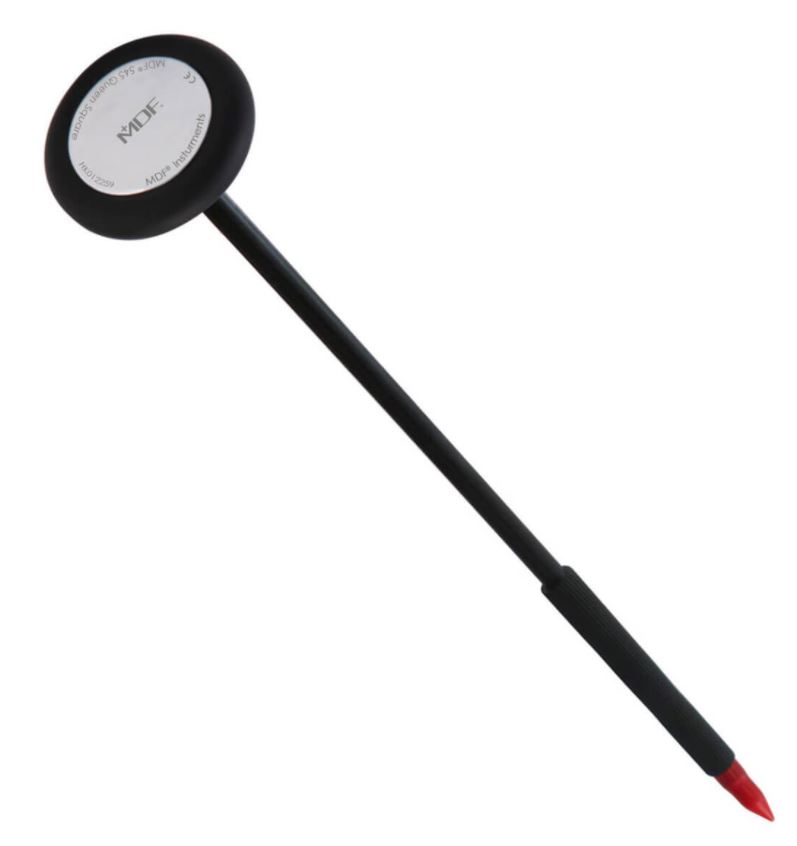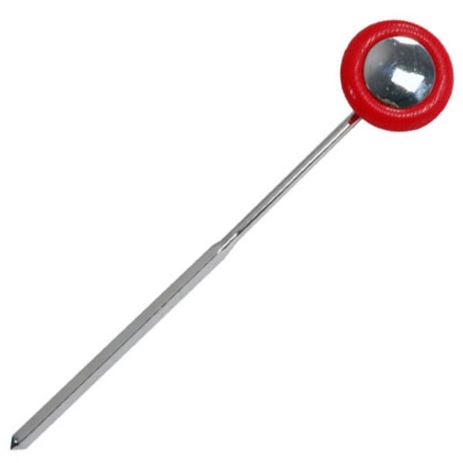HAMMER, REFLEXES, BABINSKY model, 25 cm, adult
STD
EMEQHAMR1--
Valid Article
Account code:
60210
HS Code:
901890
Last Updated on:
05/12/2024, 22:01:27
Former
Code(s):
-X
L160101 - Neurological hammers, reusable
European Medical Device Nomenclature (EMDN) is the nomenclature of use by manufacturers when registering their medical devices in the EUDAMED database. EMDN is characterised by its alphanumeric structure that is established in a seven-level hierarchical tree.
In Europe, medical material that fulfills the definition of a medical device according to the MDR (Medical Device Regulation) is classified into 4 classes
The product is part of at least one Kit.
A kit is a collection of products (medical and/or logistic) that are needed for a certain intervention in emergency. The choice and quantity of the articles reflects the MSF protocols for this specific situation. The use of Kits allows to start an intervention without a detailed evaluation.
HAMMER, REFLEXES, BABINSKY model
Definition
A hand-held manual instrument designed to be used by an examining physician to gently tap near a patient's joints to test reflexes (e.g. patellar, ankle reflexes).
Specifications
- Handle and shaft: stainless steel, is often detachable and can also be telescoping, allowing for compact storage
- Head :
- ring shaped
- made of soft material: rubber, plastic
- Length of the device: +/- 25 cm
Instructions for use
The strength of a reflex is used to gauge central and peripheral nervous system disorders, with the former resulting in hyperreflexia, or exaggerated reflexes, and the latter resulting in hyporeflexia or diminished reflexes. However, the strength of the stimulus used to extract the reflex also affects the magnitude of the reflex.
Some restricted information has been hidden. Sign in
to see this information





![[KMEDMHIE21-] (mod ICU) EXAMINATION-RESUSCITATION EQUIPMENT](/web/image/product.template/574340/image_256/%5BKMEDMHIE21-%5D%20%28mod%20ICU%29%20EXAMINATION-RESUSCITATION%20EQUIPMENT?unique=7867e87)
![[KMEDMHDE31-] (mod delivery & neonate) MEDICAL EQUIPMENT 2021](/web/image/product.template/574359/image_256/%5BKMEDMHDE31-%5D%20%28mod%20delivery%20%26%20neonate%29%20MEDICAL%20EQUIPMENT%202021?unique=7995f43)
![[KMEDMHHE21-] (mod hospital) BASIC EXAMINATION EQUIPMENT](/web/image/product.template/572772/image_256/%5BKMEDMHHE21-%5D%20%28mod%20hospital%29%20BASIC%20EXAMINATION%20EQUIPMENT?unique=0337eeb)